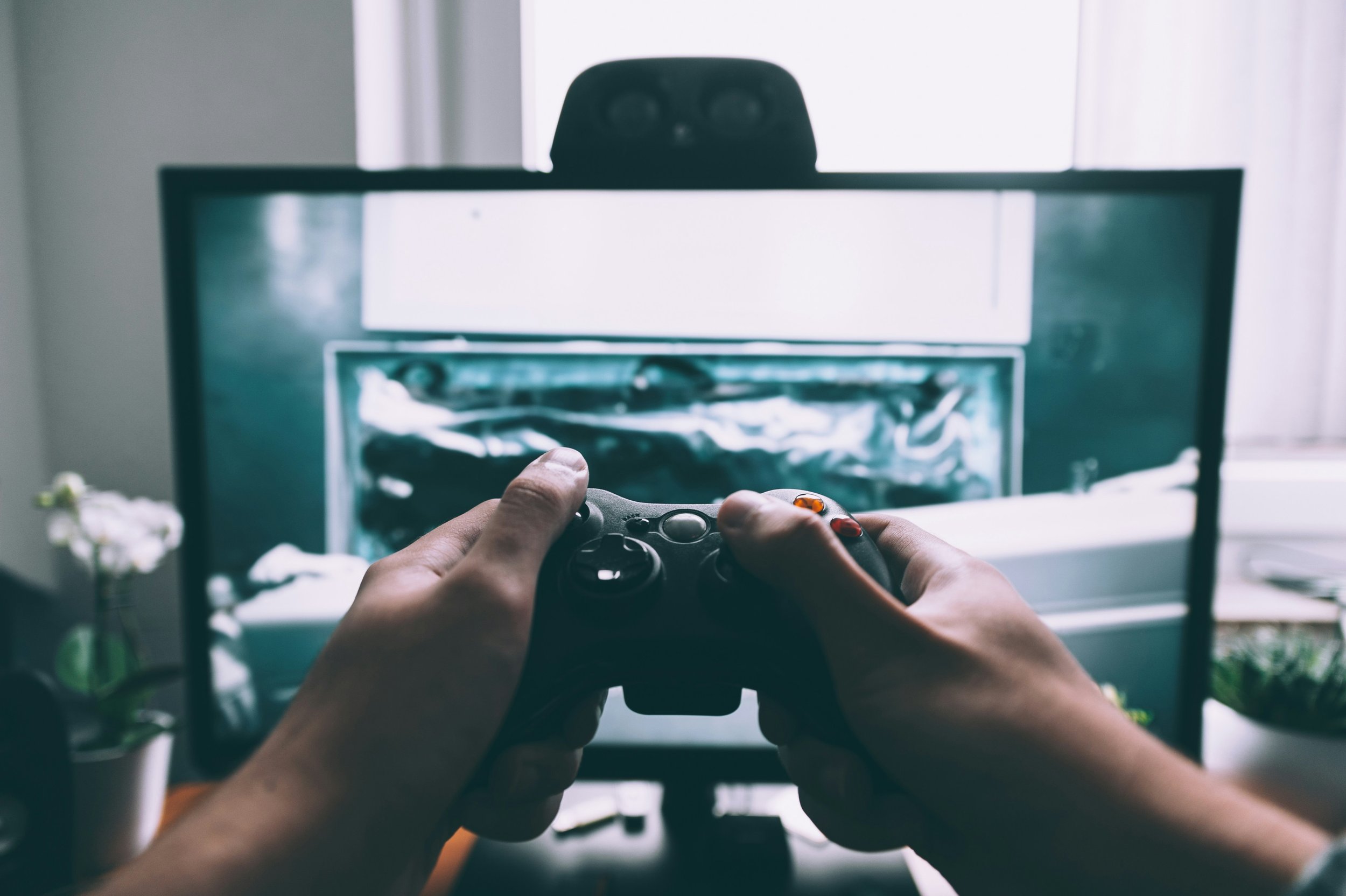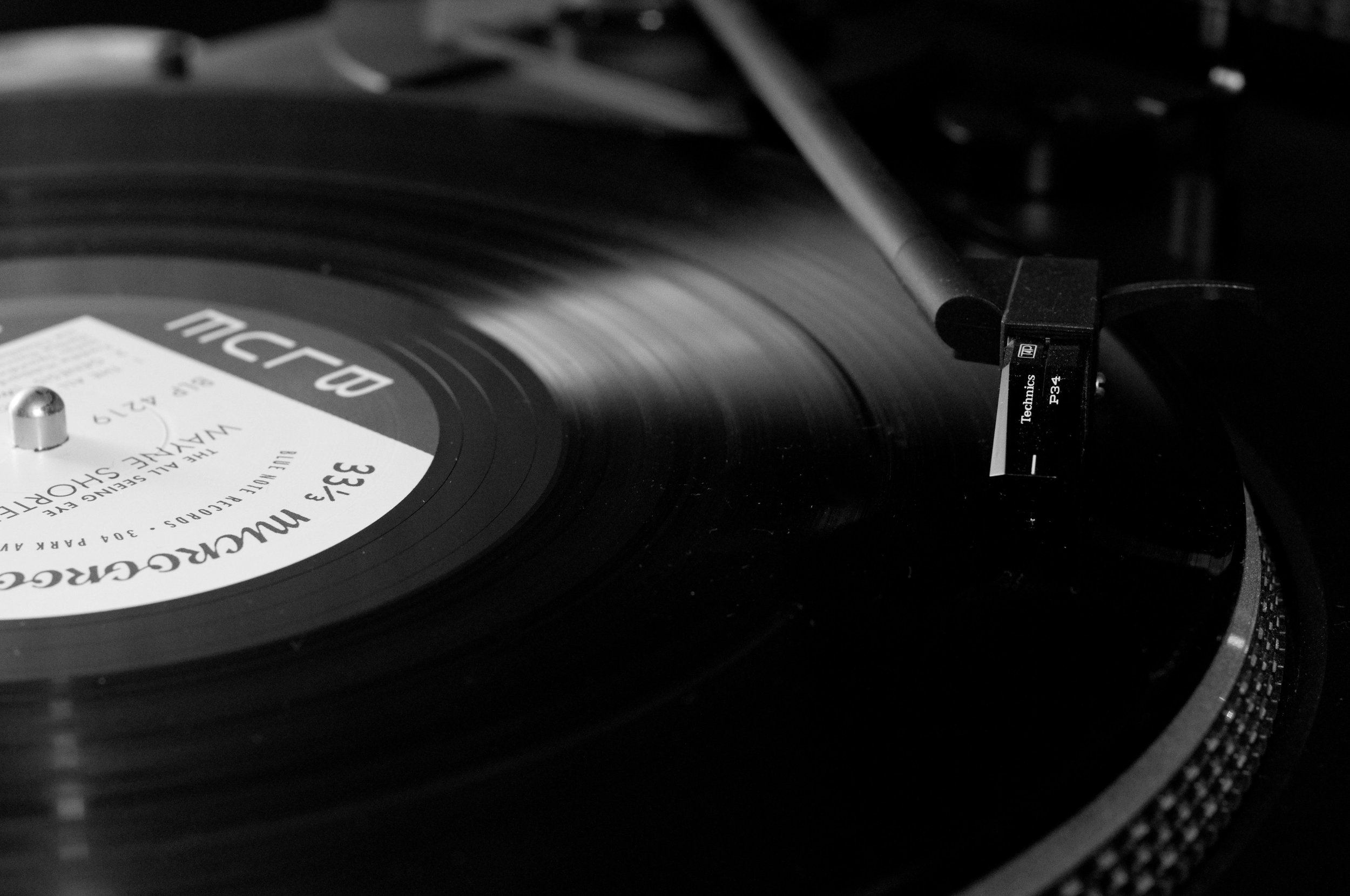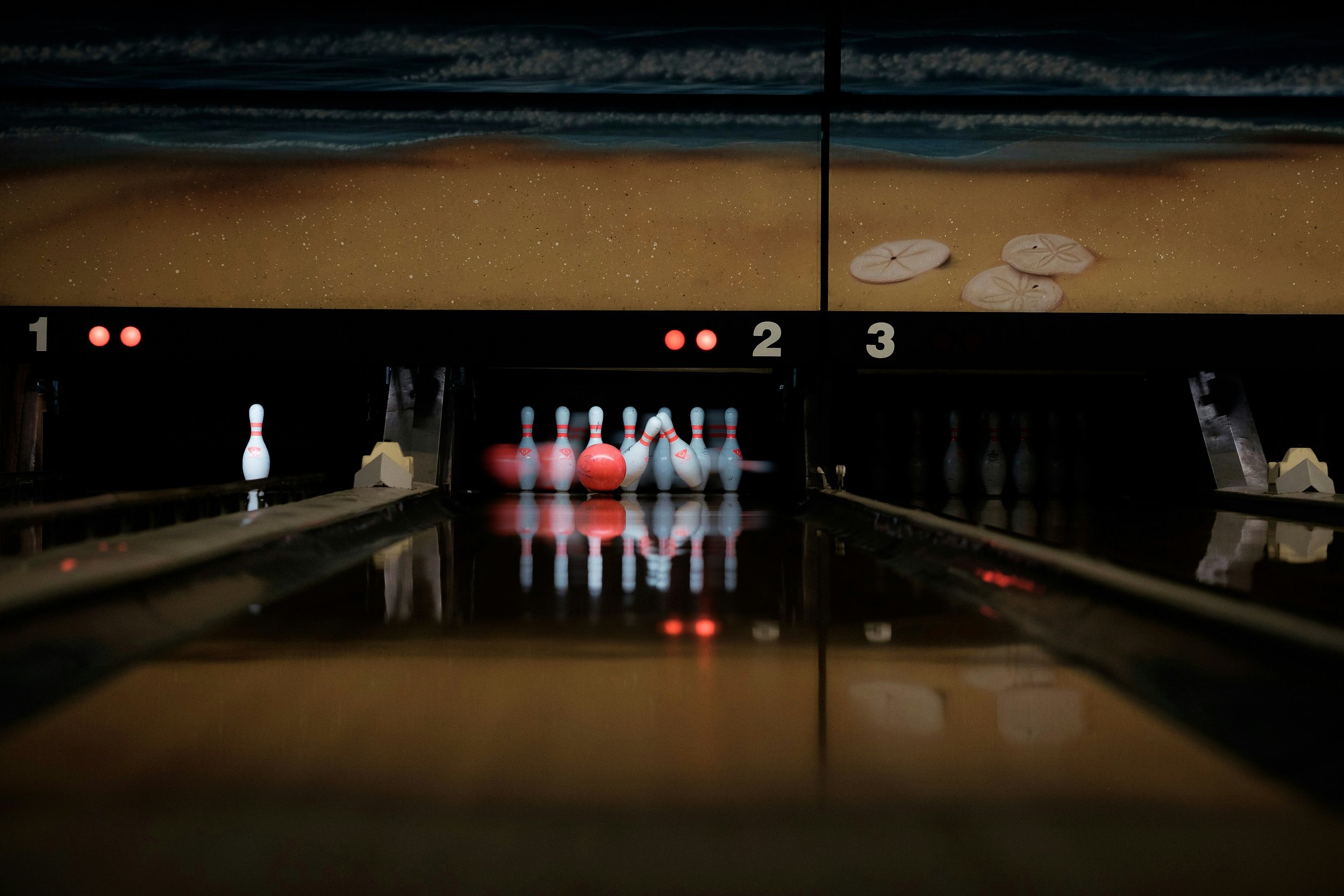“Welcome to the abode,” John boomed.
Mark found John in his usual state: The will-o’-wisp floating in the centre of the room. His naked form perched on a mountain top of rug and fur. His feet rummaging endlessly in a shag pile beneath his toes. His right and left hands fingering the invisible strings of a most exquisite instrument, while a large vein protruded from his abdomen and bulged in syncopation with his silent symphony; throbbing, it traced upwards past his thorax, found his neck and disappeared into his gaunt face, which surveyed his gaudy kingdom.
“Look at me, Mark!” John teased. “It’s only natural.”
The room was also in its usual state— John’s “arena of divine sensation,” a space so powerful that it seemed only John could tolerate it. For Mark it was sensory overload, and as a result he would be left nursing a migraine weeks after the ordeal.
The window shades were a decadent velvet and always drawn. The walls were violent, splattered with paint. And beneath him the ground was layered with thick rug and fur. It was here that Mark focused most of his attention, in an attempt to flee from both the overbearing claustrophobia of this radiant cage and John’s naked body. Here at least he found a comrade— a sensitive ally to soften the aggression that rose above him.
“I thought you preferred the unnatural,” Mark murmured, while keeping eye contact with the floor.
“Have you not heard? Natural is the new unnatural. The paradigm has shifted,” John returned and then waited for a reaction; his friend remained still. “We have known each other our whole lives. You know I work on a principle of full-disclosure with all my friends.”
“Some things are best left to the imagination.”
“Ahh, you’re quite right. I am robbing you of your fantasy and I know how painful that can be.” John sat back and exhaled a heavy breath from his chest. He took his time, patiently expelling the heavy weight of his reality, slowly loosening the constricting grip it took around his lungs. Momentarily freed from his burden he let his head hang and stared at the floor, with eyes darting fretfully to and fro.
Mark and John sat still; Mark punctuating the calm with a grimace every now and then, as his migraine worked its way across his brow.
“You’re suffering Mark. More than I am. You shouldn’t fight it. Embrace your environment and accept the disorder. You’re struggling against the struggle and that only brings more torture. Embrace the disharmony of the room. Accept it as a part of life and the feeling becomes quite pleasant. I equate my headache with a perpetual state of euphoria. Become one with it.”
“Your preaching is tedious,” Mark groaned as he closed his eyes.
“But not as tedious as the migraines you suffer with. And as such you continue to endure my lectures. When you finally embrace your pain, then will my lectures be your only tedium and you will no longer accept them, and you will finally command me to shut up or just stop visiting altogether…But by then I will no longer need to lecture you.”
“I still don’t understand why you don’t just make the walls whatever colour you want,” Mark exclaimed, gesturing at the walls while keeping them as far out of his sight as possible. “Instead of going through the labour of heaving those paint buckets everywhere. It’s irregular.”
“It’s irregular and original,” John sighed. “I bet you dream in black and white.”
“I do. Like the rest of the world.”
“Don’t you remember dreaming in colour?”
“I do.”
“Does it not bother you?”
“No. Why should it?”
“I doubt the rest of the world dreams at all.”
John moved towards his window and raised the shade. His view was the best, here on the top floor of Habitation 1, Row 1, City 1, and yet the dust filled his lungs as he raised the curtain.
After clearing the debris from his throat, John spoke, “Look at my masterpiece, the crowning achievement of mankind: the Great Hall. Looming over everything, not just City 1 but 1 through 50. Dull and empty, a testament to man’s complete and utter lack of invention.”
“You’re the creator. Why not do something about it? Change the plans.”
The heavy weight had returned to John’s chest. He stepped away from the window and took a moment to expel it.
“I have no power. I’m just a factory. They tell me what they want, and I give it to them, for the good of the people. I am not a sociologist, or a psychologist, or a politician. I am uneducated. Science, imagination— both those things are dead. And now that the Great Hall is finished, the final piece is in place and I have built them their Utopia… the last proponent of the art is being put out of commission. There is no need for me anymore.” John stared blankly into his creation— his prison— and drew the shades.
“They are going to take away my room, Mark. They want me to become one with the body. Tolerated while I was useful; but I can’t live the way you do, in the grey… I trusted that they knew what was best for us. And besides I had this room to amuse myself in, to distract myself. But now that I’m facing assimilation, I feel like we were never meant to live like this—autonomy—sprawling cities of identical units—grey monoliths… I offer you a rainbow, and you ask me if it comes in grey.” Mark shifted uncomfortably in his sensible shoes. Identifying with the autonomous, he found himself under siege, and prodded desperately for safer footing. John continued, “We had the power to be anything. And this is what we chose. What does that say about us?”
“That we are survivors.”
“Survivors! We are already dead. We have reached equilibrium and equilibrium is death. We are a benign tumour just replicating. Entropy sustains life. Disorder, Mark! Those splatters on my wall. They sustain me. The universe wants disorder. What I have created in this room is only what the universe has asked of me— it’s natural…But my time is up. I’ve been told to grey-wash everything; what I am doing here is no longer how our world works. I told you, the paradigm has shifted, natural is the new unnatural.”
#
Mark raised the heavy blackout shade which blocked the perpetual sunlight from his habitation and looked out into the avenue. He smiled at the new addition to the street. It was only a matter of time before Row 32 possessed its own oddity. They had been popping up all over the grid at a steady rate for the past month.
Row 32, like every other Row 1 to 100, consisted of 50 habitations, each capable of sustaining 50,000 inhabitants; each habitation was a large, uniform, slab-like grey high-rise. That was until recently— Row 32’s newly birthed oddity stood proud; its brilliant blue facade shining bright betwixt its grey brethren, burning the retinas of all who dared to gaze upon its brilliance.
Mark sighed at the congestion down below. A large crowd was amassing outside of the building, blocking the subway. It had been almost a month since he had visited John. The escalating environment was forcing his hand: today he would go and see his friend, if anything, out of curiosity, more than concern.
Mark surveyed the crowd once more as he headed for the subway. There were two types of response to these oddities: feigned ignorance, head down, shuffle on past, go on with your day; or complete and total devastating rapture. Colour, having been all but extinguished in this monochromatic society, entranced those susceptible to its lustre. It sent them into a frenzy, and since they were unable to process this new truth, violence inevitably ensued.
Mark stepped onto the escalator that led down to the subway; his foot sank as the slurry beneath his feet gave way. A heavy burst of gushing water erupted from the gaps in the machinery and sent Mark flushing to the bottom. Bruised and disoriented he composed himself and turned to look upon this new oddity. He was old enough to recognise what he saw. There, before him, flowering forth from the machinery of man, was a waterfall— a natural waterfall— like those you would see in the old jungles, the green jungles, before the urban jungle dropped its differentiation and became just jungle.
There was an arduous exhale of gas behind him, like the slow release of air from a balloon. Ready for some new curiosity, Mark swung around to find something far more brilliant than he could have imagined. Three small children were trying in vain to suppress their amusement at his ineloquent descent. He allowed them their guffaws, and after navigating the initial alienation brought on by the merry contortion of their faces, basked in their mirth. Alongside the children was a mattress— soggy, muddy and torn. They had been using it to ride the waterfall. Such a potent concoction of genuine joy accompanied by original thinking almost terrified Mark; he had assumed John was the last purveyor of this art, and yet, here it was, blooming in youth.
#
John’s door was ajar and Mark let himself in. There was no familiar greeting: John was standing with his nose pressed up against one of the walls, clothed and with eyes uncomfortably wide. He was completely oblivious to Mark’s arrival. The room had been redecorated, in a way. John had complied with his instructions. The room was now like any other, like Mark’s, grey from floor to ceiling.
“John?” Mark queried.
There was no response. Mark squelched up to his friend and grasped his shoulder. John swivelled around and pressed his nose up against the intruder’s. John’s wide lustrous eyes stared back into his friend’s, searching for something. His fist was clenched down by his side.
“Who are you and why are you in my room?” John spat into Mark’s face.
“John, it’s Mark, your friend.”
John breathed heavily, sucking the oxygen from Mark’s lungs.
“Oh Mark, Mark, yes. I knew a Mark once. So long ago. Almost four weeks, that’s forever and a day to a man like me. You must understand, if I do not forget some old things, I will have no new things to forget. I have to make room up here for my imaginations; facts and figures are useless now, always were.” John’s hand relaxed by his side and begin to finger his imaginary instrument. A smile broke across his face and he leaned into Mark, their foreheads clashing. “I remember you. Mark… How could I forget my best friend. Who does not visit me for a month, in my most dire hour of need. I was merely making a joke at your expense. Now stand back, you’re in my bubble.”
Mark hesitated as he took his step back. He searched John’s face, which appeared to have returned to normal. Was it just a charade? The clenched fist, the absence of mind? Or was John just covering up some loss of faculties?
“So do you like what I’ve done with the place? It’s my grey period… And why are you wet and traipsing mud onto my beautiful grey flooring? Do you know how exclusive that shade of boring is? It can’t be raining, I finished that off a long time ago.”
“Well it’s…”
“Stop! Don’t tell me. I can imagine.” John chuckled at his own quip. “What havoc am I playing out there? I wish I could see.”
Mark stood in silence waiting for John to continue.
“Oh, sorry boy. I actually want you to tell me. You have my permission to speak.”
“Waterfall escalators, vulgar buildings, red lampposts, yellow bananas, there’s even rumours of cats and dogs, no one sees them, just hears the echoes of their calls. I saw some children today, they were smiling, actually smiling. They had fashioned a raft out of a mattress and were sailing down towards the R32 subway.”
“Fantastic!”
“For the children. But it’s the adults that are the problem. They can’t handle it. Unable to process these strange new feelings, they get angry. It builds up inside them and they explode. Things are becoming violent. It’s not safe with these zealots around.”
“I know. They have been to see me. Told me of the extremists. What we have become is not equipped for wonder, I suppose. I’ve told them it’s this room, but they don't understand. They think I can just switch it off. They thought reducing my stimulation, the barren nature of my environment would contain me. But it has almost set me free. All those colours, all those feelings, they satiated my appetite. Distracted me. But now, in this empty room... These four walls are a blank canvas. To dissolve this utter boredom, my imagination moves into overdrive, it consumes me, I can project onto these four walls images more vivid than a dream. You told me that we are survivors--well, this is my survival instinct. It’s out of my control.”
“But it’s dangerous, John. The children may be happy, but when they are caught underneath the trample of the ravenous mob, happiness will not save them.”
“I know. Should one be happy while another dies? Or should happiness be abolished, should everyone be made content so that both can live? What do I do, Mark? Put myself to sleep? Will myself into a coma, just so humanity can continue in its stupor? Do I save us from our own brilliance?”
“Go to sleep, John. We can’t be saved. We are a different species to what we were when we were kids. We don't have the capacity to understand what you are trying to give to us. We will only implode.”
#
Mark awoke to a thunderous rumble emanating from the streets outside. He looked at the clock: 9am. Even in the busiest hours noise never got so loud that he could hear it in his room. In general, people didn't talk to each other. Even with the commotion brought about by the oddities, things stayed relatively tranquil. Unless, perhaps, the zealots had become the majority, and things had turned to anarchy. John really needed to heed his advice, Mark thought, for the good of the people. He moved to the shades and raised them. His heart pounded and he blinked his eyes incessantly, as if he had been struck with a sudden blindness and a quick fluttering of the lashes would shake his malady away. Mark had not gone blind, he came to realise, but it was dark outside. There hadn't been nightfall for years. It wasn't needed any more. Not efficient. And yet, there it was— in full — the moon. He looked down into the street below and met thousands of faces upturned, staring into the sky. The moon’s glow was reflected in the whites of their eyes and like a violent river, thousands of these terrified tiny white orbs crashed and ebbed against each other. They were lost, mouths agape, howling at the moon. Moaning, crying, gasping the most animal of sounds.
It dawned on Mark that John had taken his advice. He had gone to sleep and turned out the light.
Carl Bishop is originally from England but moved to the United States to pursue a B.A in literature and biochemistry. You can find him at his website appreciationof.com, or catch him on twitter @CarlsBishop.










